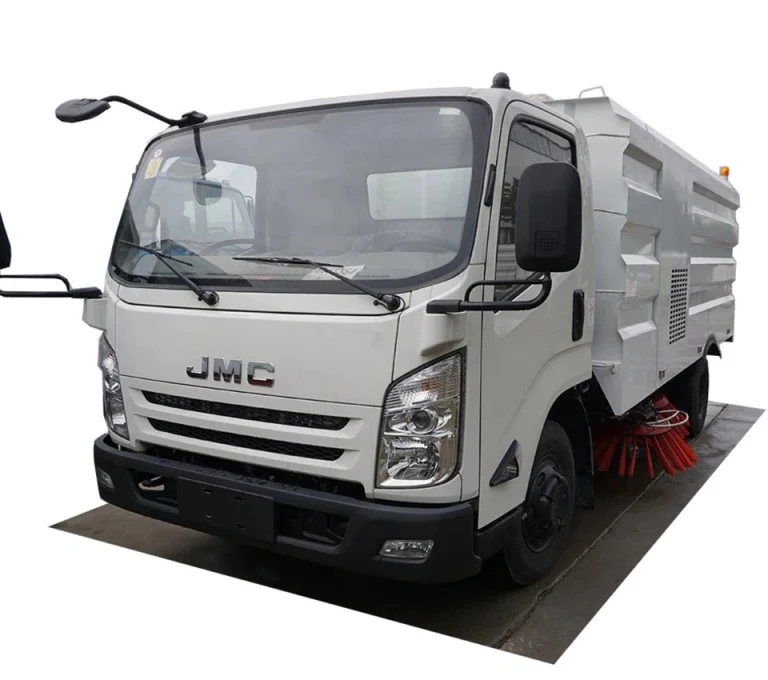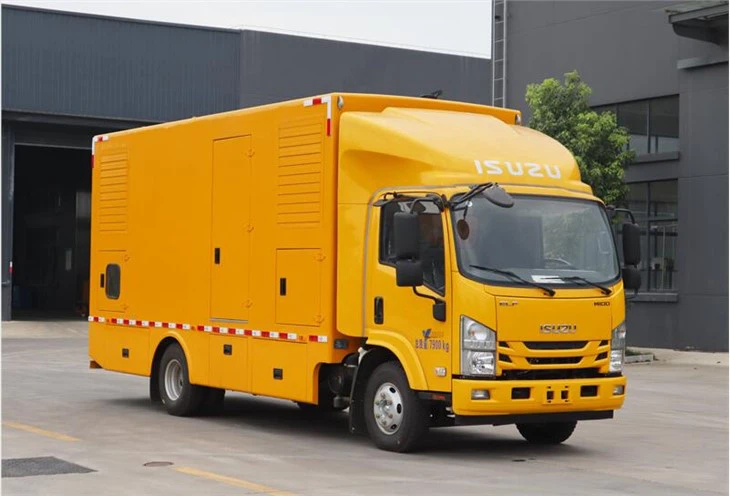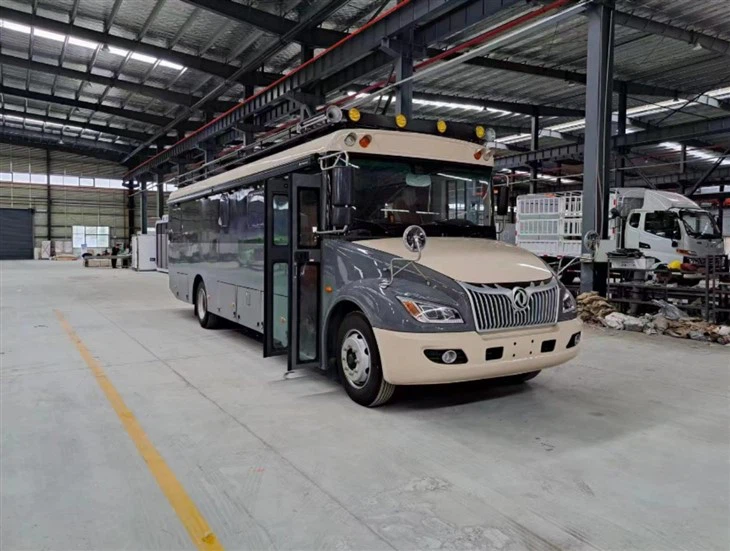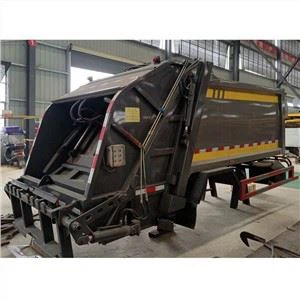Introduction
Big dumpster trucks play a crucial role in waste management and construction sectors. These massive vehicles are designed to transport large quantities of waste, debris, and recyclable materials effectively and efficiently. In this article, we will explore everything you need to know about big dumpster trucks, including their types, uses, benefits, and how to choose the right one for your needs. We will also provide practical tips and examples to help you make informed decisions.
What Are Big Dumpster Trucks?
Big dumpster trucks are specialized vehicles equipped with large containers for waste collection and disposal. They are typically used by municipalities, construction companies, and waste management firms. These trucks come in various sizes and designs, tailored to the specific needs of different operations.
Types of Big Dumpster Trucks
There are several types of big dumpster trucks, each designed for particular uses. Below are the most common types:
1. Roll-Off Trucks
Roll-off trucks are designed to transport large open-top containers known as roll-off bins. These trucks use a hydraulic system to roll the bin on and off the truck. This design makes them suitable for construction sites, demolition projects, and large cleanouts.
2. Front-Load Trucks
Front-load trucks have a container that can be lifted from the front of the truck. These are commonly used for commercial waste collection, such as businesses and office complexes. They provide efficient loading and unloading processes.
3. Rear-Load Trucks
Rear-load trucks have a container that can be accessed from the back. These trucks are typically used for residential waste collection. They are often smaller than roll-off and front-load trucks and are ideal for city streets and neighborhoods.
4. Side-Load Trucks
Side-load trucks feature a lifting mechanism on the side to collect bins. They are particularly efficient for large-scale waste collection in densely populated areas, minimizing the need for workers to exit the vehicle.
Uses of Big Dumpster Trucks
Big dumpster trucks are versatile and can be used in various scenarios, including:
1. Construction Sites
In construction sites, dumpster trucks are essential for removing debris, scrap materials, and other waste produced during construction and renovation work.
2. Demolition Projects
During demolition, large amounts of waste are generated. Big dumpster trucks can handle this waste effectively, ensuring a clean worksite.
3. Event Cleanups
From festivals to large gatherings, big dumpster trucks can assist in managing the waste generated at any event. They can quickly transport waste to disposal or recycling facilities.
4. Commercial Waste Management
For businesses and commercial entities, renting a big dumpster truck can streamline waste disposal, helping maintain a clean and organized environment.
Factors to Consider When Renting a Big Dumpster Truck
When it comes to renting a big dumpster truck, several factors should be considered to ensure you choose the right vehicle for your needs:
1. Size of the Project
The size of your project will dictate the size of the dumpster you need. Assess the volume of waste generated to determine the appropriate size.
2. Type of Waste
Different projects produce different types of waste. Be sure to choose a truck that accommodates your specific disposal needs (e.g., construction debris, organic waste, etc.).
3. Duration of Rental
Consider how long you will need the dumpster. Many companies offer flexible rental periods, so choose one that works best for you.
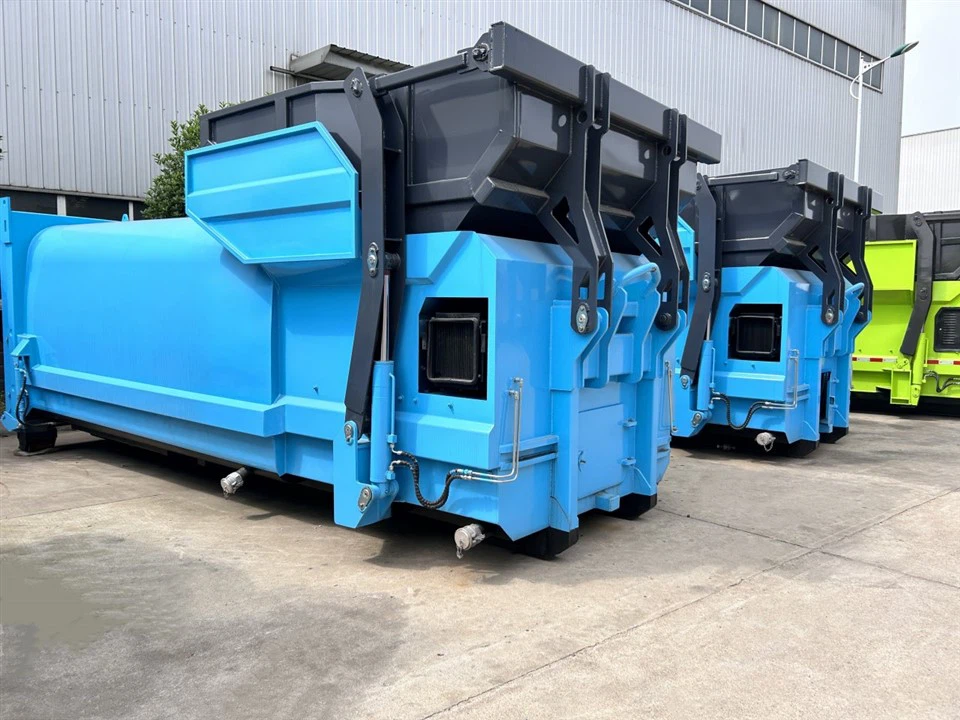
4. Local Regulations
Understand local regulations regarding waste disposal. Some areas have specific rules about what can be disposed of and how it should be managed.
5. Budget
Lastly, factor in your budget. Get quotes from different providers to find a rental option that meets your needs without breaking the bank.
Benefits of Using Big Dumpster Trucks
Utilizing big dumpster trucks offers numerous advantages for both residential and commercial waste management:
1. Efficiency
Big dumpster trucks are designed to transport large volumes of waste quickly and efficiently, minimizing the time and labor involved in waste removal.
2. Safety
These trucks reduce the risk of injuries related to littering or improper handling of waste materials. Their professional disposal services help maintain a clean and safe environment.
3. Environmental Benefits
Big dumpster trucks facilitate recycling and proper waste disposal, helping mitigate environmental harm and promote sustainability.
4. Versatility
With various types of trucks available, your waste management needs can be efficiently addressed regardless of the project scale.
How to Choose the Right Big Dumpster Truck Company
Selecting a reliable dumpster truck rental company can make a significant difference in your project’s success. Here are some tips for choosing the right provider:
1. Research Options
Look for local companies that offer dumpster truck rentals. Research their services, customer reviews, and market reputation.
2. Check Licensing and Insurance
Ensure the company is licensed and insured. This protects you from any liabilities associated with accidents or damages during the rental period.
3. Inquire About Pricing
Get complete quotes from multiple companies. Be sure to ask about hidden fees, duration restrictions, and pricing structures.
4. Customer Service
Choose a company known for responsive customer service. Communication and support can enhance your rental experience.
Practical Tips for Loading a Big Dumpster Truck
When loading a big dumpster truck, following specific guidelines can help maximize space and ensure efficient waste removal:
1. Sort Your Waste
Separate recyclable materials from non-recyclable waste. This not only maximizes space but also complies with environmental regulations.
2. Break Down Large Items
For bulky items, consider breaking them down into smaller pieces to maximize the available space in the dumpster. Doing so can significantly reduce the volume of waste.
3. Distribute Weight Evenly
Distribute the weight evenly in the dumpster to prevent tipping during transport. This helps to maintain vehicle stability during transit.
4. Avoid Overloading
Never overfill the dumpster. Adhering to weight limits ensures safe transportation and adherence to local regulations.
Common FAQs About Big Dumpster Trucks
1. What can I put in a big dumpster truck?
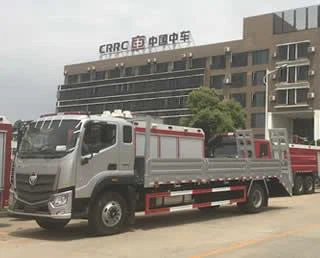
Typical wastes include construction debris, household waste, yard waste, and recyclable materials. However, it’s important to check with your rental company regarding specific prohibited items.
2. How long can I keep a big dumpster truck?
Most rental companies offer flexible rental periods ranging from a few days to several weeks. Discuss your specific needs with the provider for customized rentals.
3. How much does it cost to rent a big dumpster truck?
Rental costs can vary based on size, rental duration, and location. On average, prices may range from $300 to $800. Always obtain quotes to find the best deal for your needs.
4. Do I need a permit to rent a big dumpster truck?
In some areas, a permit is required if the dumpster will be placed on public property. Check with your local municipality to ensure compliance before renting.
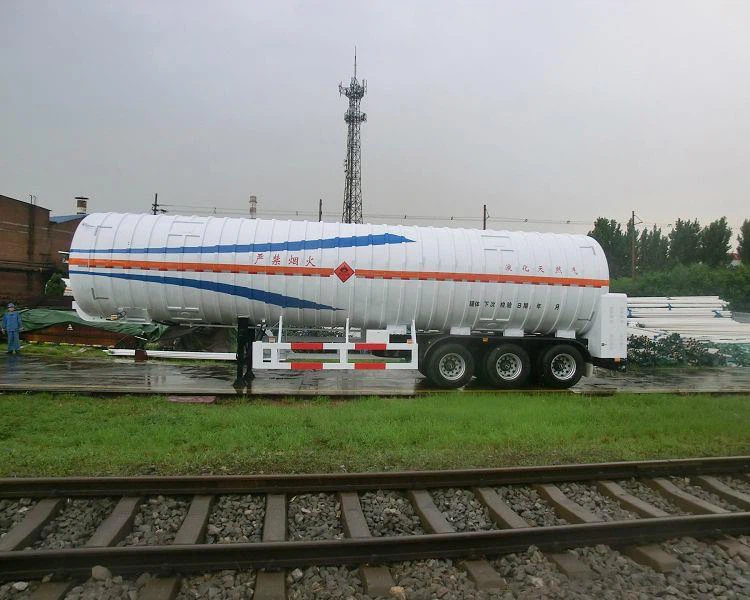
5. Can I rent a big dumpster truck for a small project?
Yes, many rental companies offer smaller dumpsters suitable for minor cleanouts and renovations. Assess your project’s scale to determine the right size.
6. What happens if I overload the dumpster?
Overloading a dumpster can lead to fines or extra fees from the rental company. It may also cause transport issues, so adhering to weight limits is crucial.


